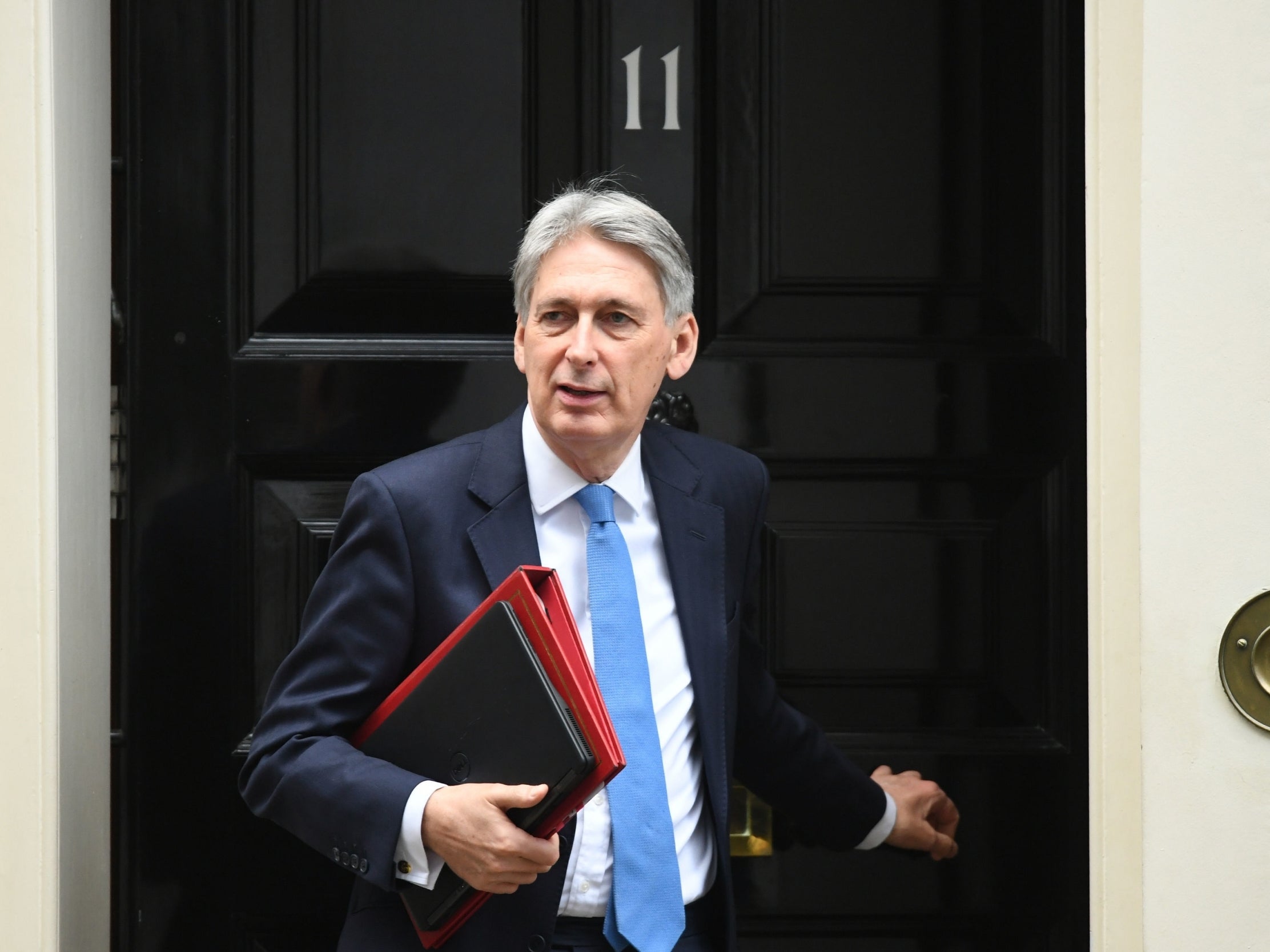CBI’s chairman hails new Brexit era. But is it?
John Allan’s comments may be based more on hope than expectation. Ditto the modest gains posted by the pound and the FTSE 250 this morning

F**k business.
Boris Johnson’s now infamous quote aptly sums up the way business felt about the way the entire political class was treating it, as Theresa May’s Brexit deal went down in flames. The pent up fury in some of the snap reactions issued in the the wake of her crushing defeat in parliament tells you that. And it was understandable.
But this morning the chair of the CBI, John Allan, struck a rather different tone, hailing a “new era” after a conference call hosted by chancellor Philip Hammond and involving business secretary Greg Clark.
That might be overegging it just a bit given the way this government has behaved, and is still behaving, with the Conservative Party’s interests, and cabinet ministers’ personal interests, repeatedly put above the country’s.
Those two men are among the more sensible members of the government, although Mr Hammond has been responsible for some glaring errors during the course of the negotiations with the European Union which have poisoned relations with Britain’s traditional friends and the bloc as a whole.
Unfortunately, their colleagues have been engaging in not so much a beauty parade as an ugly parade in an attempt to win the affections of the party’s ageing and extreme membership.
It’s hard to believe that won’t continue, even with the doomsday clock ticking. There are too many infants around the cabinet table. They have shown scant sign they even understand the concept of the national interest, much less that they respect it. That is also true of the prime minister, Theresa May.
The reality of what faces business this morning really amounts to exactly what it has been dealing with for the past two-and-a-half years of this farce: a steaming pile of uncertainty.
In the short term that will continue.
The government won the confidence vote put forward by Labour leader Jeremy Corbyn, but what now? No one can say with any degree of confidence.
The FTSE 250, which, with its largely UK-focussed businesses, is a better barometer right now than the much more international FTSE 100, was up a bit in early trading. Ditto the pound, which has become a proxy for the markets’ view of the ongoing chaos the Conservative Party continues to sow. It is at a high for the month.
That isn’t saying much, but what it indicates is a bet by the markets on a softer brexit emerging, and on a slightly decreased likelihood of a no-deal disaster.
The trouble is that betting on Brexit is rather like betting on the lottery. There is no form to go on, and no guess that could be considered an educated one.
Dean Turner, economist, for UBS Global Wealth Management, urged against anyone taking a directional view on UK assets as things stand. That judgement is sound.
Mr Allan may see a new era. The markets may see a reduction in the chance of the no-deal chaos the Tory Party’s extremists bay for, even though there is no majority in the party, or the country, for it. But those extremists are still there, and they are catnip to broadcasters and certain sections of the print media.
The City’s bets, such as they are, may be driven more by hope than expectation, and a bet based on hope is no bet at all. Any veteran of the Cheltenham Festival, of which I am one, will be able to recount placing a lumpy one on one of jump racing’s heroes only to see them fall.
Business news: In pictures
Show all 13I’ve made my view clear on what is the best way forward. It is that the only way to resolve the current impasse is to send it back to the people in the form of a Final Say referendum. That is also The Independent’s view.
That would, of course, create still more short-term uncertainty. But it would be short-term pain for the possibility of a longer-term gain.
If that is realised, there may be one possible consolation: the businesses that emerge from this will be hardened and battle tested. They will have proven themselves capable of withstanding the worst the political class can thrown at them. It is, however, only a small consolation, and I recognise that.
Subscribe to Independent Premium to bookmark this article
Want to bookmark your favourite articles and stories to read or reference later? Start your Independent Premium subscription today.

Join our commenting forum
Join thought-provoking conversations, follow other Independent readers and see their replies